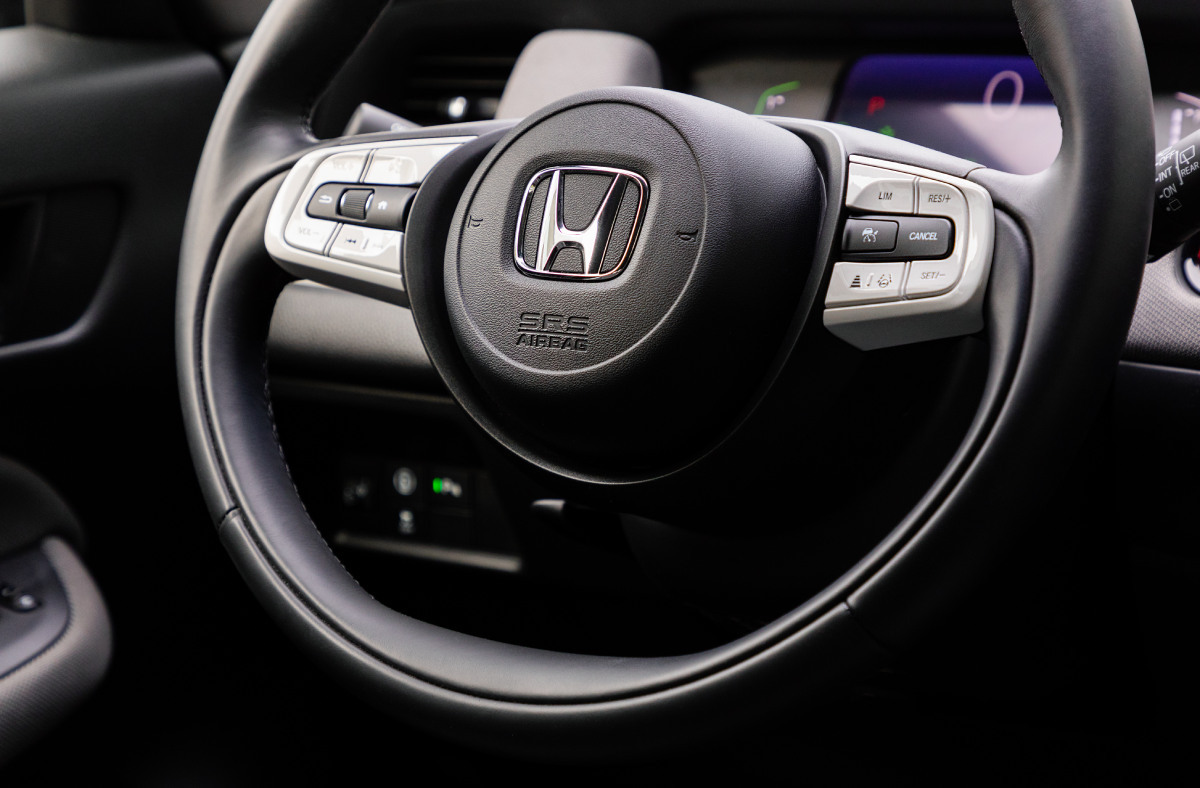
Honda Motor Co. (HMC) has signed a multi-year deal with a Silicon Valley AI software startup to develop self-driving technologies for its vehicles.
The Japanese automaker has tapped Helm.ai to build its next-generation self-driving capabilities, including its Navigate on Autopilot (NOA) platform.
Honda didn’t actually have to go far to find a partner for its autonomous vehicle (AV) strategy: The company has been investing in Helm.ai since 2021 as it has sought to strengthen its AI and computer vision technologies.
The automaker has poured at least $30 million into the startup thus far.
Honda’s NOA system utilizes an end-to-end (E2E) AI architecture that controls everything from environmental perception to decision-making and vehicle actuation.
It is designed as a partially automated system, which means that it still requires constant driver attention.
This is similar to General Motors’ (GM) Super Cruise software system and Tesla’s (TSLA) Autopilot feature.
The automaker says that its NOA supports both highway and complex urban driving.
Honda is looking to scale its E2E technology across a broader vehicle lineup and is developing a system that “highly assists” in operating the accelerator and steering “throughout the entire route to the destination,” without distinguishing between regular roads and highways.
The two companies are targeting mass production to begin after 2027.
“This joint development supports Honda’s goal of realizing safe and affordable automated driving technologies for our global customers,” Mahito Shikama, vice president of Software Defined Vehicle Business Supervisory Unit at Honda, said in a statement.
“Through our collaboration with Helm.ai, we are advancing the development of AI technologies that enhance the real-world applicability of autonomous driving systems, bringing us closer to a future with zero traffic collision fatalities,” Shikama added.
Helm.ai will be applying its full suite of products toward developing highway and urban autonomy for Honda’s vehicles, including its perception stack, vision-based real-time path prediction AI, and generative simulation models.
Terms of the deal were not disclosed.
Bank of America recently released a report called “AV you can drive my car - Autonomous Vehicle Primer” in which it estimates the AV market to grow to almost $700 billion by 2040, a sharp increase over $78 billion last year.
This explosive growth would of course be contingent on drivers becoming more comfortable with using self-driving technology.
In the U.S., a recent survey found that only 13% of drivers would trust riding in an AV – but that was at least an increase from 9% the previous year.
And a report by Fortune Business Insights notes another issue that could hold back the growth of the AV market on a global scale is the lack of “clear and consistent regulatory frameworks” across countries.
“The absence of standardized regulations across regions creates uncertainties and obstacles to the widespread deployment of AVs,” the report states.
Your email address will not be published. Required fields are markedmarked